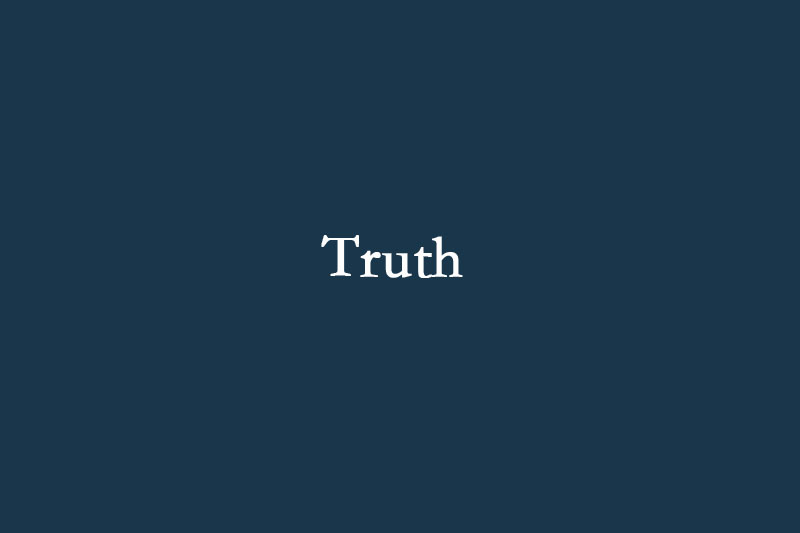The SAT Essay Example
Prompt: Does the truth change depending on how people look at things?
Example written by James
While there are hard facts, a fact on its own does not constitute truth. “Truth” is how we understand facts to relate to each other. For this reason we construct hypotheses and narratives. These are created by people, and are necessarily subjective. This is true in fields which are more obviously subjective, like history, but also in areas that we might think of as more “objective”, like science.
“History” is humanity’s attempt to make sense of past events. As we can never know everything that has happened, the truth of what happened is necessarily a subjective understanding. For example, the people of the Soviet Union were thought to be heroes of the Second World War, and then soon after considered evil by the west. These respective understandings were simply the best available to the West given the information available and their perspectives. The image of the Soviet Union was for the people of the West part of their reality, and in this sense true for them.
Like history, science is humanity’s best understanding of the world given certain known things. When these known things change, so too does our understanding of the world. For example, Darwin’s theory of evolution arose from his observations in the Galapagos Islands, where the variation of species led him to believe that the religious creationist model might not be the best. He then formed a new theory, which forms the basis of our understanding today. But even since Darwin’s discovery, the “truth” of evolution has continued to change and develop, and will continue to do so as science progresses.
All knowledge and understanding is incomplete, given the limited amount of things we can know. We are forced to fill in the gaps with speculation and theory, which are necessarily subjective, as much as we strive for objectivity. Thus, even for academic disciplines like history and science, the truth at any one time is a product of our imaginations and therefore subject to change depending on the person. Truth, like beauty, is in the eye of the beholder.






